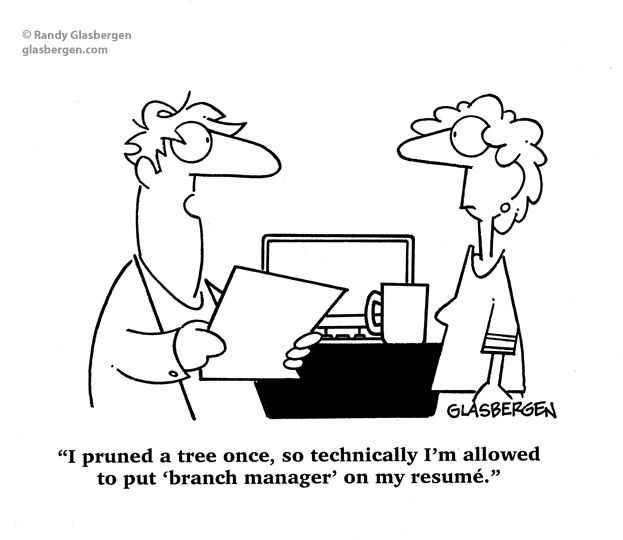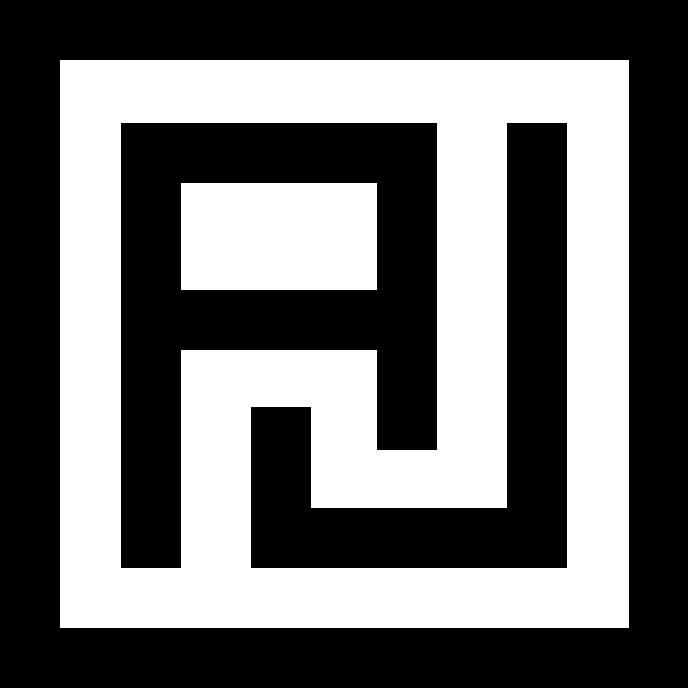What do you want to be when you grow up? It seems like a harmless question. We’re asked this early on, when we hardly know any better. Saturday morning cartoons, children’s books, and games often determine our answers: A policeman. An astronaut. A doctor. A lawyer. A firefighter. A dog. A superhero. A Teenage Mutant Ninja Turtle. An Angry Bird.
This question of what we want to be follows us around, although the manner in which it presents itself evolves over time. It goes a little something like this…
‘What do you want to be when you grow up?’
‘What are you going to study in college?’
‘What do you do?’
I’m sure we all recognize the last one. The overused, oft dreaded, conversation starter that supposedly symbolizes who you are as a person. As you get older, this question transforms from the casual to the meaningful. How you answer it becomes a serious reflection of your identity—it says something significant about who you are are and what you value, whether you like it or not.
Stranger: So what do you do?
You: (a moment’s hesitation) Umm, I’m in consulting…
Stranger: Oh, that’s interesting… some crazy weather we’re having, right?
Maybe the stranger will feign more interest, maybe not. Either way, many of us hesitate to answer this question because of the weight it carries. The answer becomes the focus of our lives. Why is this?
Careers in Western culture and more specifically in American culture, serve as the basis for comparison. It’s how we measures ourselves against one another, when no alternative grounds are readily apparent. Careers hold this mantle because of the time and importance we attribute to them. Work often infiltrates all aspects of our lives: at the office, in the home, and even on vacation. We think about it, talk about it, and thanks to technology today, are always connected to it. As globalization did its thing, this relationship between self and work has spread across the world. Careers became the primary means of defining one’s self. This is of course a terrible idea. Who we are goes beyond our careers—our relationships, our experiences, and our beliefs all impact who we are. We assume many roles in life, each one requiring a different version of ourselves, a different mask we wear. One we wear with family, another at the office, and yet another with friends. We are constantly shifting between these roles and somewhere within them is who we are.
This is of course a terrible idea. Who we are goes beyond our careers—our relationships, our experiences, and our beliefs all impact who we are. We assume many roles in life, each one requiring a different version of ourselves, a different mask we wear. One we wear with family, another at the office, and yet another with friends. We are constantly shifting between these roles and somewhere within them is who we are.
Career may be just one of these masks, yet it is often the most dominant one. In psychology, they call this role engulfment. Essentially, this is when a single identity or role you play, supersedes other roles. It rises to the top. Career is that entrenched identity for many of us.
This explains why the seemingly simple question, what do you do, is so meaningful. In some convoluted way, we’re also answering the question, who are you, a far more complicated proposition.
Let’s go back to our imaginary conversation.
By asking someone what do you do, you are ultimately asking that individual to give themselves a label. A name that defines them. The purpose of such labels are to add context and provide an entry point to understanding. Names allow us to makes sense of the world. In theory, this works. If you name the red ball an ‘apple’ it gives greater understanding to what that red ball is. What it can and can’t be. Names have power.
When we label ourselves though, something interesting happens. During those fleeting moments between question and answer, we look inward. We resolve the dissonance between who and what we are. We make a snap decision to answer in a particular way.
Which is the funny thing about labels. These names we attach so much importance to, are fluid and ever-shifting, just as we are. They are a piece of clay that we are constantly shaping, resolving the differences between belief and reality. The truth is that most of us have no clue what to call ourselves. Our job titles are often the biggest culprit of this problem. Consultant, designer, manager, analyst, our job titles are often so vague and up for interpretation that even they begin to lose meaning. Despite the ambiguity and misguided value we tie to them, such questions aren’t going away.
Despite the ambiguity and misguided value we tie to them, such questions aren’t going away.
While answering this question can be an anxiety-inducing experience for many, certain individuals struggle with it even more. These are the individuals that simply don’t have an answer. They don’t know what they do. What if you do everything? What if you haven’t figured it out yet?
Anchoring yourself to a label can be incredibly frustrating if you’re in such a position. It feels like you’re putting yourself into a box. Even though labels aren’t meant to rob you of your curiosity and wonder, they can do exactly that. Saying you’re one thing makes you start to believe you’re only that thing. It’s a self-perception problem, for those that lack a clear direction.
Some people are fortunate enough to stumble upon their passion and make it their life’s work. Then there are the rest of us. What is clear for the rest, is that we are interested in a wide variety of fields and domains, and don’t desire to be called any one thing. We jump from job to job, explore the world, and learn constantly, but there is no single pursuit that defines who we are. As it should be.
I am made and remade continually. Different people draw different words from me.Virginia Woolf
No one is so ingrained in one thing that it should become their identity, especially if it’s their career. So the next time you meet someone new, try to save everyone the anxiety and avoid this question completely. Try something different, like asking what’s their favorite book or what they do for fun.
Think beyond your career. After all, it’s only one of the many roles you play.
